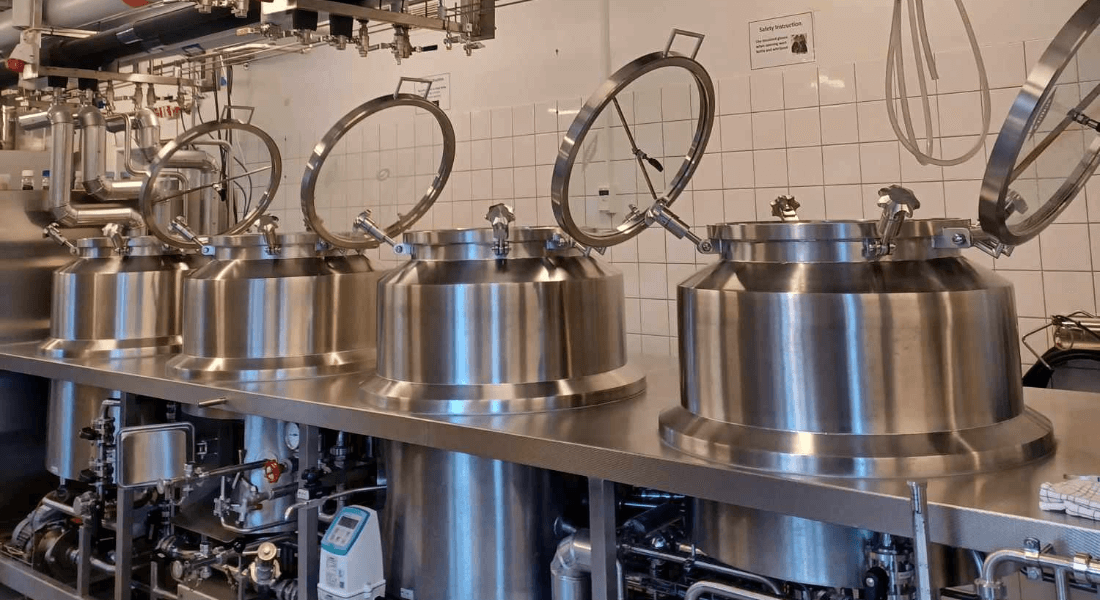Biosolutions
Nature has its own "solutions" to changes in climate and environment. By supporting these natural adaptations with modern technology, we can create new sustainable solutions to drive the green transition. Our research network "Biosolutions" explores both the scientific aspects of these solutions as well as the societal, legal, and cultural barriers to their adoption.
Over millions of years of evolution, nature has developed powerful mechanisms that enable it to adapt to environmental changes and defend against threats like pests and diseases.
By combining these natural tools with modern technology, we can develop sustainable solutions to climate and environmental challenges related to food production, pollution, building materials, pesticides, and waste. We call these methods biosolutions.
Biosolutions as a green solution
Biosolutions already play an important role in the green transition.
For example, in precision fermentation, we can use genetic techniques to modify naturally occurring microorganisms so they produce proteins or other molecules that normally can only be produced larger organisms or fossil-based resources. All it takes is a steel tank, sugar, oxygen and some green energy.

Similarly, genetic modification can make crops more resilient to weather changes or resistant to pests and diseases, reducing or even eliminating the need for chemical pesticides.
In bioremediation, microorganisms are used to break down pollutants in nature, helping to clean groundwater or break down oil spills.
Biosolutions at the University of Copenhagen
The technological side of biosolutions is progressing rapidly. But biosolutions can only become a real part of society if we understand how people relate and perceive them and how they can create societal value.
Biosolutions can only become a reality if we understand how people relate to them and how biosolutions bring value to our society.
That is why our interdisciplinary network Biosolutions not only focuses on technological solutions. We also explore questions related to societal conditions, history, culture, and law:
- Is the current approval process for new biosolution products too complex, and how can we ease regulation without compromising safety?
- Do investors view biosolution startups as too risky? If so, should government step in with support schemes?
- When is it ethically acceptable to modify genes in plants and microorganisms? – and what is needed for people to accept and use biosolutions?
To answer these questions, we not only collaborate among researchers but also engage in dialogue with public authorities, industry stakeholders, and politicians. Only through interdisciplinary collaboration can we gather the necessary insights and pave the way for these new solutions.
Researchers in the network
| Svend Christensen | Department of Plant and Environmental Science | Faculty of Science |
| Department of Geosciences and Natural Resource Management |
Faculty of Science | |
| Linda Nielsen | Centre for Market and Economic Law |
Faculty of Law |
| Henrik Siegumfeldt | Department of Food Science |
Faculty of Science |
| Asger Mose Wingender | Department of Economics |
Faculty of Social Sciences |
|
Christian Gamborg |
Department of Food and Resource Economics University of Copenhagen |
Faculty of Science |
